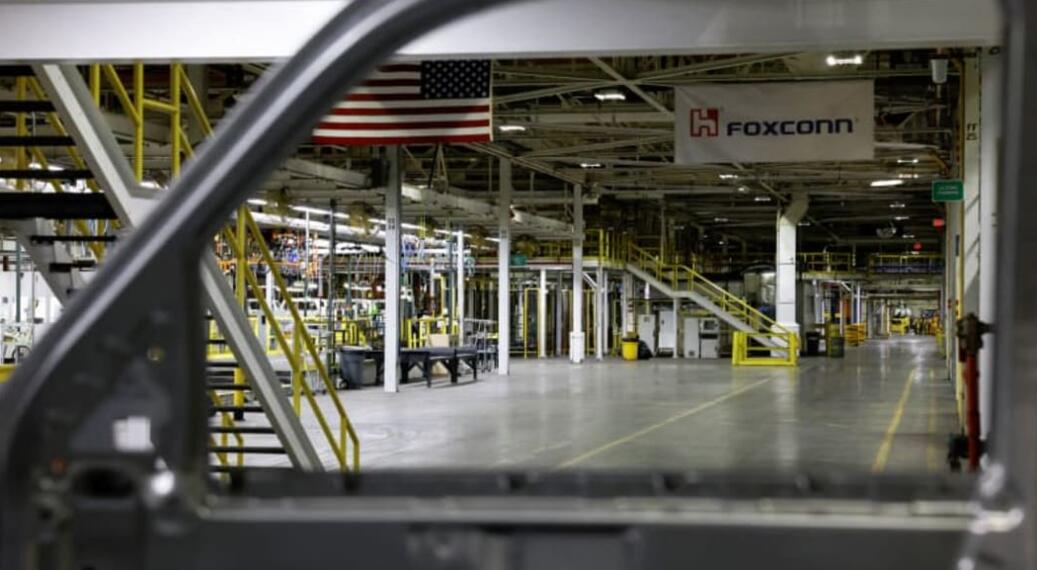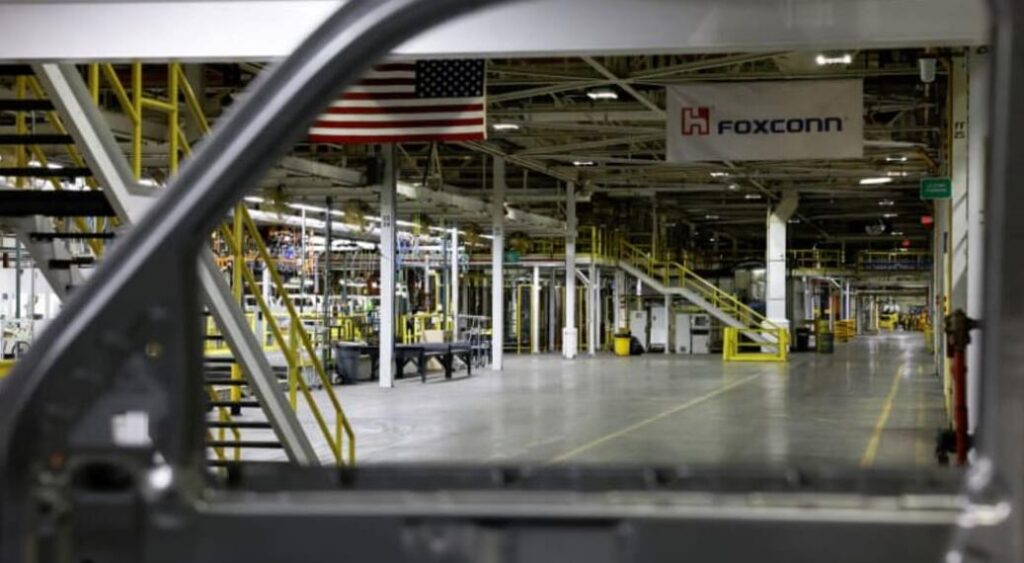
Foxconn, known for assembling iPhones for Apple, has been making a push into the electric vehicle (EV) market in recent years. However, the company’s journey into this new territory has not been without challenges. Building electric cars presents a unique set of complexities that are not present in smartphone manufacturing.
One of the biggest challenges facing Foxconn is the sheer scale of the production process. While iPhone production involves millions of units per year, EV production requires significantly more resources and infrastructure. This includes larger factories, more advanced robotics, and specialized equipment for battery production.
Another challenge is the need for specialized technical expertise. EVs require a diverse range of skills, from electrical engineering to software programming, to build and maintain. In contrast, smartphones have a more limited scope of technical requirements, with most of the assembly process consisting of repetitive tasks that can be learned through training.
The shift from smartphones to EVs also requires a significant investment in research and development. Unlike smartphones, which have seen incremental improvements over time, EV technology is rapidly evolving. This means that Foxconn must continually invest in R&D to keep up with the latest advancements and stay competitive in the market.
Furthermore, building an EV supply chain is more complex than that of smartphones. Battery production, for example, requires access to rare minerals such as cobalt and lithium, which are difficult to obtain in large quantities. Additionally, the battery supply chain is highly regulated due to safety concerns, adding another layer of complexity to the production process.
Despite these challenges, Foxconn has made significant strides in the EV market. In January 2023, the company announced a partnership with Chinese automaker Geely to form a joint venture focused on EV design, development, and manufacturing.
The JV will leverage Geely’s experience in automotive design and Foxconn’s expertise in electronics manufacturing to produce high-quality and cost-effective EVs.
However, breaking into the EV market is not just about producing the vehicles themselves. It also requires a robust network of charging infrastructure and other supporting services. This is where Foxconn may face its greatest challenge yet.
Competing with established players such as Tesla and Volkswagen, who have invested heavily in charging infrastructure and other services, will not be easy.
In conclusion, while Foxconn’s entry into the EV market poses a range of challenges, it also represents an exciting opportunity for innovation and growth. As the demand for electric vehicles continues to rise, companies like Foxconn will play a critical role in driving the industry forward.
To succeed, they must be willing to invest in the infrastructure, expertise, and supply chains necessary to meet the growing demand for sustainable transportation.






